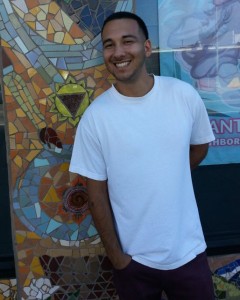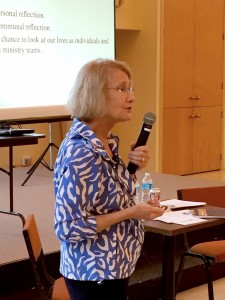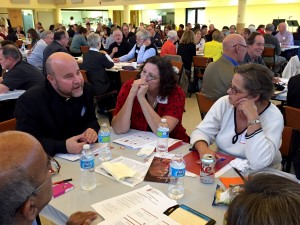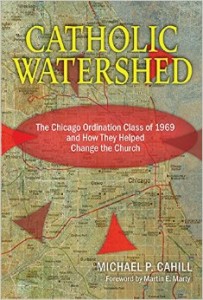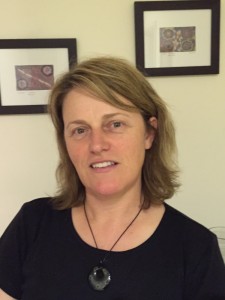Just from answering a few questions, it is evident that Guzman is the type of person to have a lasting, positive affect on people. With a personality that leaps off the page, Guzman would like to tell you a little more about himself:
Nickname: Guzy
A favorite thing: I’m a HUGE Golden State Warrior fan!!!
Hometown: Hayward, California
What is your previous education?
BA in Sociology: Concentration in Criminology from San Jose State University (SJSU)
What were you doing before beginning your IPS journey?
Teaching transformative learning practices in marginalized communities and traveling for leisure
What made you decide to come to Loyola IPS?
The city of Chicago and the opportunity to pursue a dual degree (M.A. in Social Justice and an M.S.W.) related to creating transformational change in both local and global communities propelled and motivated my decision to attend Loyola University.
What are your studies focused on?
My studies are concentrated on the criminalization of black and brown youth, restorative justice practices, community organizing, and critical pedagogy.
What are you most looking forward to accomplishing during your time here at Loyola IPS and how does that relate to your future goals?
Transformational growth, coupled with strengthening mind, body, and spirit during the next three years at Loyola will enable be to be a catalyst for change in any context or setting. My future goals include obtaining a PhD and starting my own business.
Do you have a favorite class or one you look forward to taking?
I am looking forward to taking IPS 635 (Community Organizing and Community Development) & IPS 660 (Leadership for Social Transformation).
Do you see any challenges you will have to overcome during your time here? Is so, what is one of them?
Anytime you transition to a new environment there are unexpected stressors you will inevitably encounter, however, I choose to focus on the positive rather than highlighting the negative, thus I see my experience at Loyola, as well as my transition to the city of Chicago as a beautiful struggle.
Do you have any recommendations for future students?
Come to graduate school with a purpose. Continually ask yourself self-reflective questions such as what am I working towards, and what do I hope to accomplish by the time I walk the stage with my diploma in hand? Keep an end goal in mind; otherwise you’re working hard and straining yourself without any clear direction. Figure out your why and represent a just cause!!
In what way will you go forth to “change the world?”
“I’m not saying I’m going to change the world, but I guarantee that I will spark the brain that will change the world.” -Tupac
What project(s) are you currently working on?
I’m currently working on a research paper studying the effects and correlation of gentrification and crime.
What is a fun fact or story about you?
I recently entered a hip-hop karaoke competition and won accolade from the crowd and a free t-shirt for my stellar performance.
Final thoughts to share:
In Lak’ Ech – an ancient Mayan concept that provides us with an alternative framework for doing social justice by relaying the message: you are my Other me
Follow me on Twitter @BrianSchmisek for more exciting news and updates!
